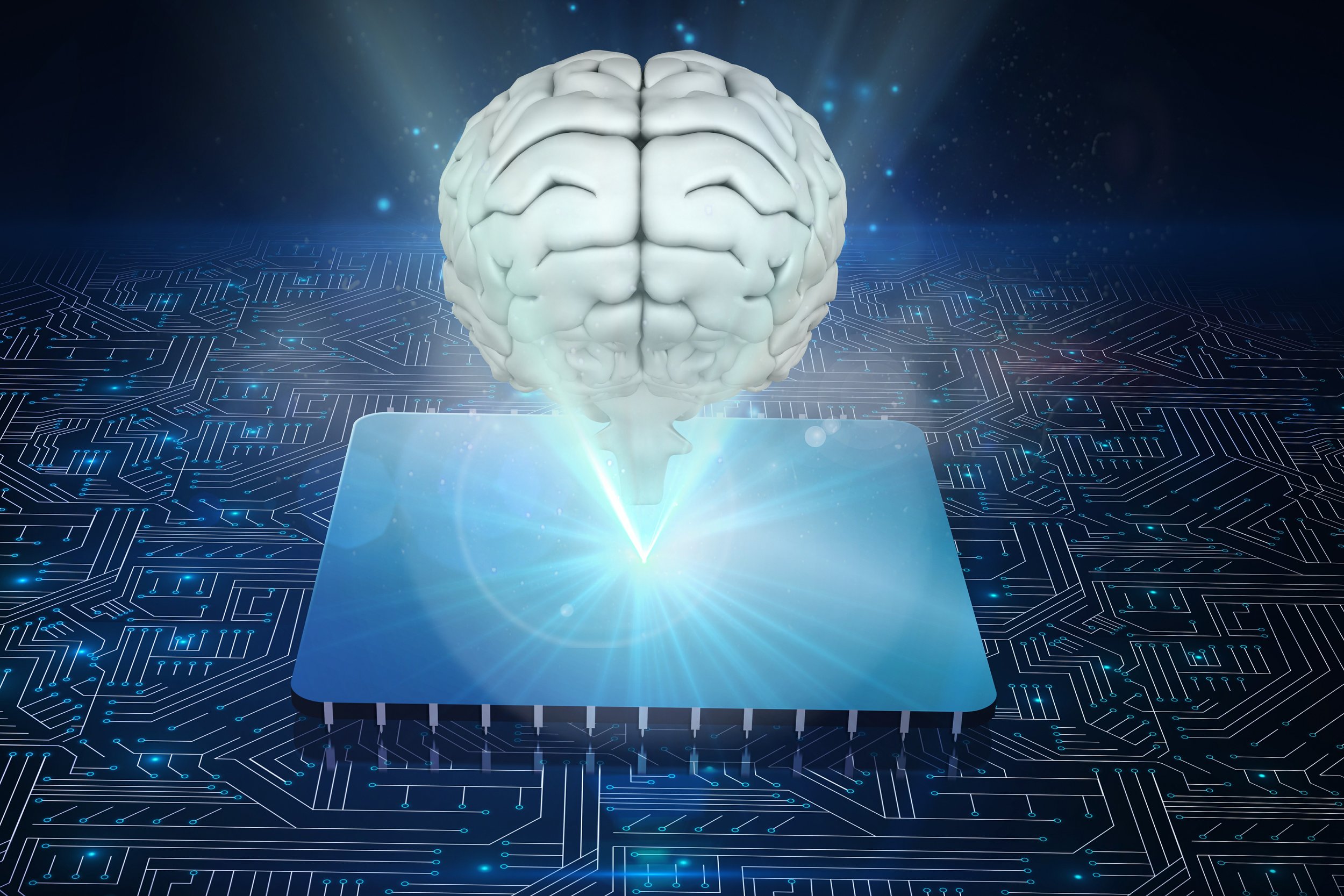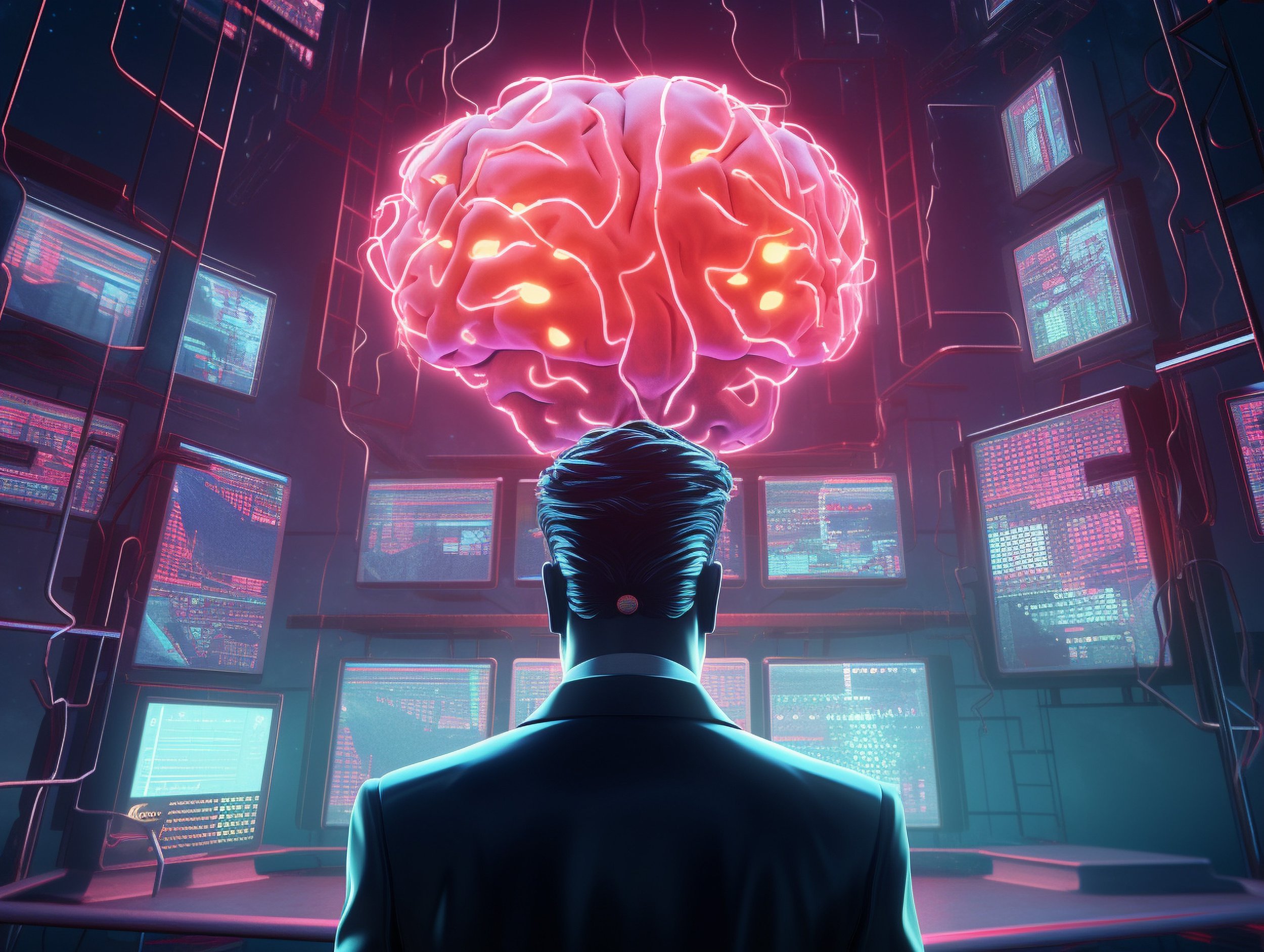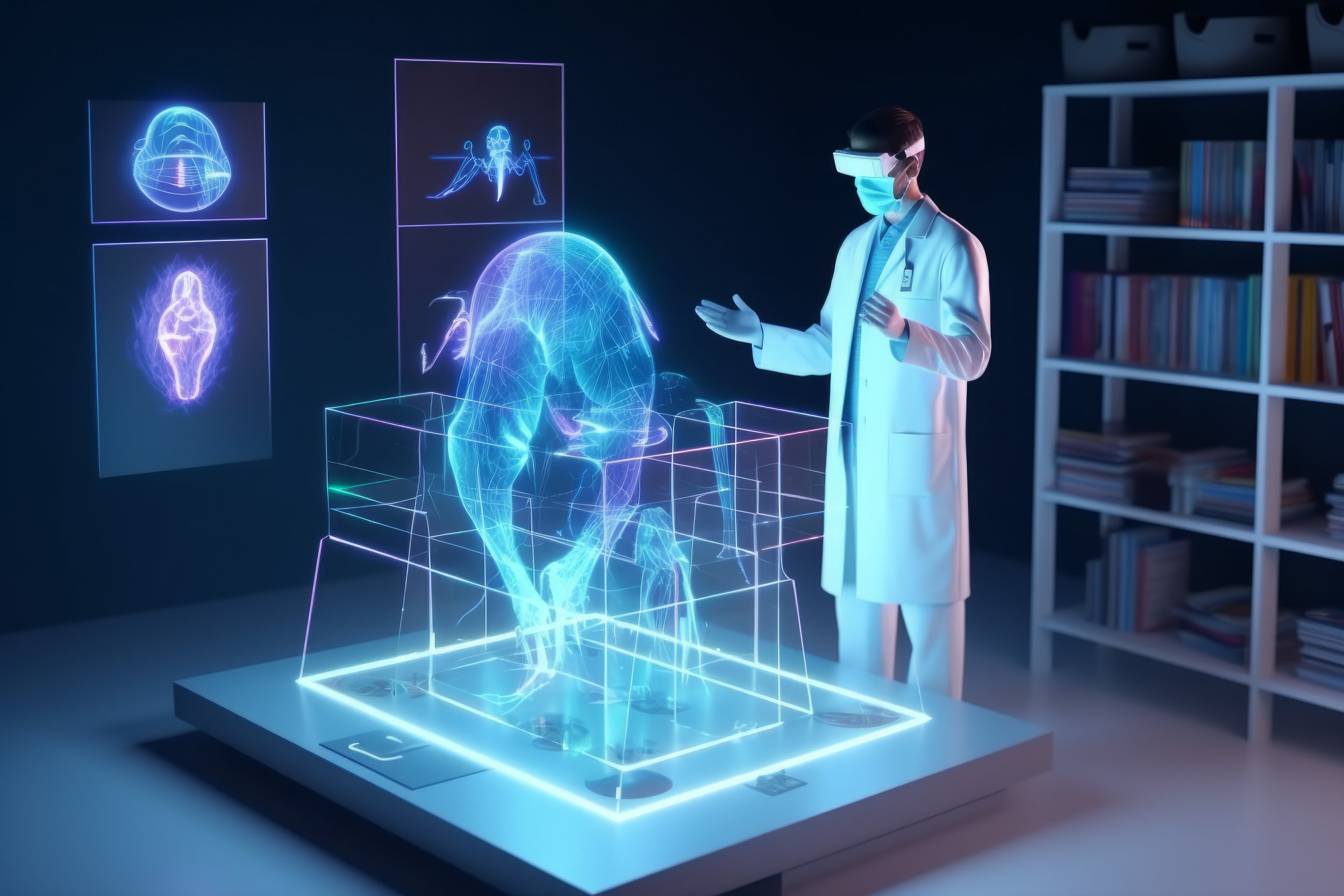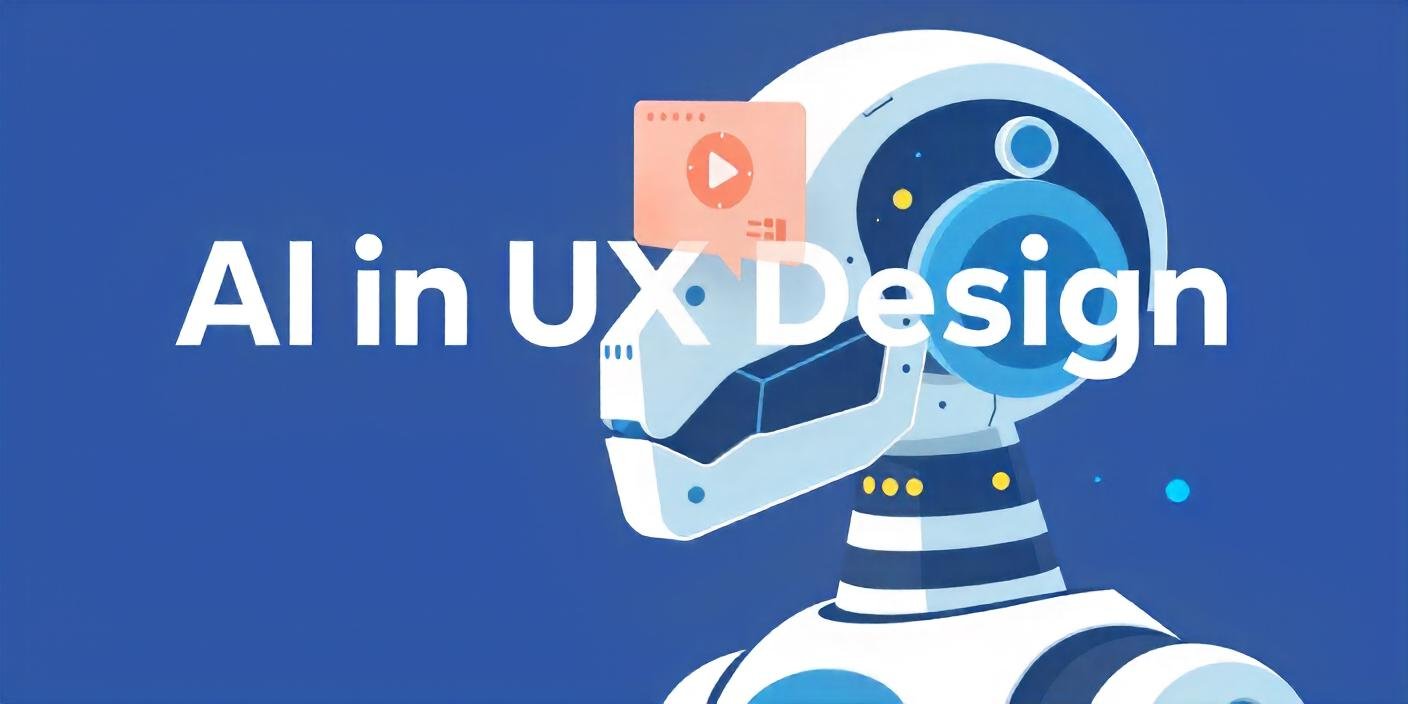
TechNews
Latest updates and insights on tech.
Smart Home Integration
This piece examines the cutting-edge technologies powering next-generation smart homes, from adaptive AI systems to seamless IoT integration. Discover how modern homes optimize energy use and provide unprecedented security through biometric recognition and predictive maintenance. The article also looks ahead to emerging innovations that will redefine residential living in the years to come.
AI in Art
Artificial intelligence is revolutionizing creative industries, as algorithms now compose music and generate visual art that competes with human-made creations. This technological advancement raises significant questions about the essence of creativity while also democratizing artistic expression for non-traditional creators.
Voice Assistants: Evolution
Driven by groundbreaking advances in natural language processing, modern voice assistants have evolved dramatically from basic voice recognition to sophisticated, context-aware systems capable of understanding complex intent and nuanced human speech. Seamlessly integrated into daily life, they now handle diverse, complex tasks with remarkable near-human precision.
Emerging Cybersecurity Trends
Modern cyber defenses now integrate AI-driven threat hunting with blockchain-based data integrity systems, creating adaptive protection layers that enhance overall security. As IoT vulnerabilities multiply, these advanced systems prioritize real-time response capabilities—with 78% of enterprises now adopting some form of AI security tools, according to recent MITRE research.
Smart Farming Technology
While IoT sensors, AI analytics, and drone technology offer transformative potential for precision agriculture, their adoption faces significant hurdles. High implementation costs and rural connectivity gaps create disparities in access. Strategic public-private partnerships and modular technology rollouts may help bridge these gaps, enabling farmers to achieve 20-30% resource savings through targeted irrigation and pest management.
Future of Telemedicine
Telemedicine is evolving beyond video consultations through AI-powered diagnostics and continuous health monitoring using advanced wearable devices. These innovations promise to bridge healthcare gaps, particularly in underserved regions. As reimbursement models catch up with technology, telemedicine is poised to shift from a supplemental service to a central care delivery channel.
Innovative E-Waste Recycling
Emerging technologies are transforming e-waste processing through AI-powered robotic sorting systems and bioleaching techniques that safely extract precious metals. These innovations complement critical policy measures, such as extended producer responsibility and modular product design. While scaling these solutions remains challenging, they offer a blueprint for reducing the 53 million metric tons of global e-waste generated annually.
Autonomous Weapons: Ethical Debates
Lethal Autonomous Weapons Systems (LAWS) present a critical and urgent dilemma—military efficiency versus irreversible ethical consequences. While proponents cite precision advantages, the escalating risks of algorithmic error proliferation and uncontrolled combat scenarios have prompted more than 30 nations to demand preemptive bans through UN conventions.
Rise of Cognitive Automation
Cognitive automation combines the efficiency of RPA with the decision-making capabilities of AI, enabling organizations to process unstructured data and execute judgment-based tasks. By integrating machine learning and natural language processing, these systems automate complex workflows that previously required human intervention. This technology is redefining operational efficiency across industries.
Generative Deep Learning
Generative models, such as GANs, learn data distributions to produce novel, realistic outputs across various media formats—from photorealistic images to synthetic voices. These architectures are transforming the creative industries and scientific research by enabling the generation of artificial content at unprecedented quality levels. As the technology matures, it raises important questions about authenticity and intellectual property in the digital age.
AI in Predictive Healthcare
AI transforms patient care through predictive analytics, enabling the early detection of diseases and the delivery of personalized treatments. These technologies analyze vast datasets to uncover critical health patterns that humans might miss. While promising improved outcomes, challenges like data privacy and algorithmic bias require careful navigation as this technology reshapes modern medicine.
AI in Predictive Maintenance
Artificial intelligence is transforming maintenance by enabling smarter, predictive strategies that prevent equipment failures before they occur. This study investigates the integration of AI into maintenance workflows to enhance reliability, minimize unplanned downtime, and optimize resource utilization. The findings highlight AI’s role in creating more efficient, cost-effective operations through timely, data-driven decision-making.
Tech in Art Preservation
Advancements in technology are transforming how historical artworks are preserved, restored, and shared with the public. This study highlights the use of high-resolution imaging, 3D scanning, AI, and augmented reality (AR) in enhancing restoration accuracy and improving long-term preservation. These digital tools not only protect cultural heritage but also expand public access to art through immersive and interactive experiences.
AI in Insurance
Artificial Intelligence is revolutionizing the insurance industry by streamlining operations and enhancing customer experiences. This study examines how AI technologies, including machine learning, natural language processing, and predictive analytics, are transforming core functions such as underwriting, claims processing, and customer service. These advancements are making the industry more efficient, accurate, and responsive, redefining the future of insurance.
Smart Glasses and AR
Smart glasses are redefining augmented reality by seamlessly merging digital content with the physical world in real-time. This study explores their rapid evolution and wide-ranging applications across healthcare, education, industry, and entertainment. With advancements in display technology, intuitive interfaces, AI integration, and an expanding AR ecosystem, smart glasses are paving the way for more immersive and practical AR experiences in everyday life.
AI in Legal Practice
Artificial intelligence is transforming legal practice by introducing powerful tools that enhance efficiency and accuracy. This study examines AI’s applications in legal research, case prediction, and document analysis, showing how these technologies help streamline workflows and support better-informed decisions. The findings suggest a legal landscape where technology plays a crucial role in enhancing outcomes and optimizing professional practice.
AI for Environmental Protection
Artificial intelligence is playing a growing role in promoting global environmental safety, offering innovative solutions for some of the planet’s most pressing challenges. This study examines the diverse applications of AI, ranging from monitoring air and water quality to supporting wildlife conservation, combating climate change, and controlling pollution. By enabling smarter, data-driven strategies, AI has proven to be a powerful tool in advancing sustainability and strengthening environmental protection efforts worldwide.
Future Mobile App Trends
Current trends in mobile app interface design are pushing toward more intuitive, adaptive, and user-focused experiences. This study combines a literature review, analysis of top-performing apps, and expert insights to examine key design elements—spanning UX, UI aesthetics, and the integration of technologies like AI and AR. The findings emphasize the rising importance of personalization, minimalist design, and seamless functionality. These trends indicate a future where mobile interfaces foster deeper engagement and enhanced user satisfaction through intelligent, responsive design.
AI for Dynamic Content
Content creators are increasingly turning to artificial intelligence to streamline and enhance the content generation process. This study examines different approaches to leveraging AI, analyzing their effectiveness and implications. It offers insights into how these technologies can enhance creativity and efficiency, while also addressing the challenges that arise from integrating AI into content workflows.
AI in UX Design
The role of Artificial Intelligence in UX design is reshaping how users interact with digital products. This study explores how AI enhances usability, satisfaction, and overall experience, detailing the methods used, key findings, and what they mean for integrating AI-driven improvements into modern design workflows. It offers clear takeaways for designers and researchers working at the intersection of technology and user experience.


















